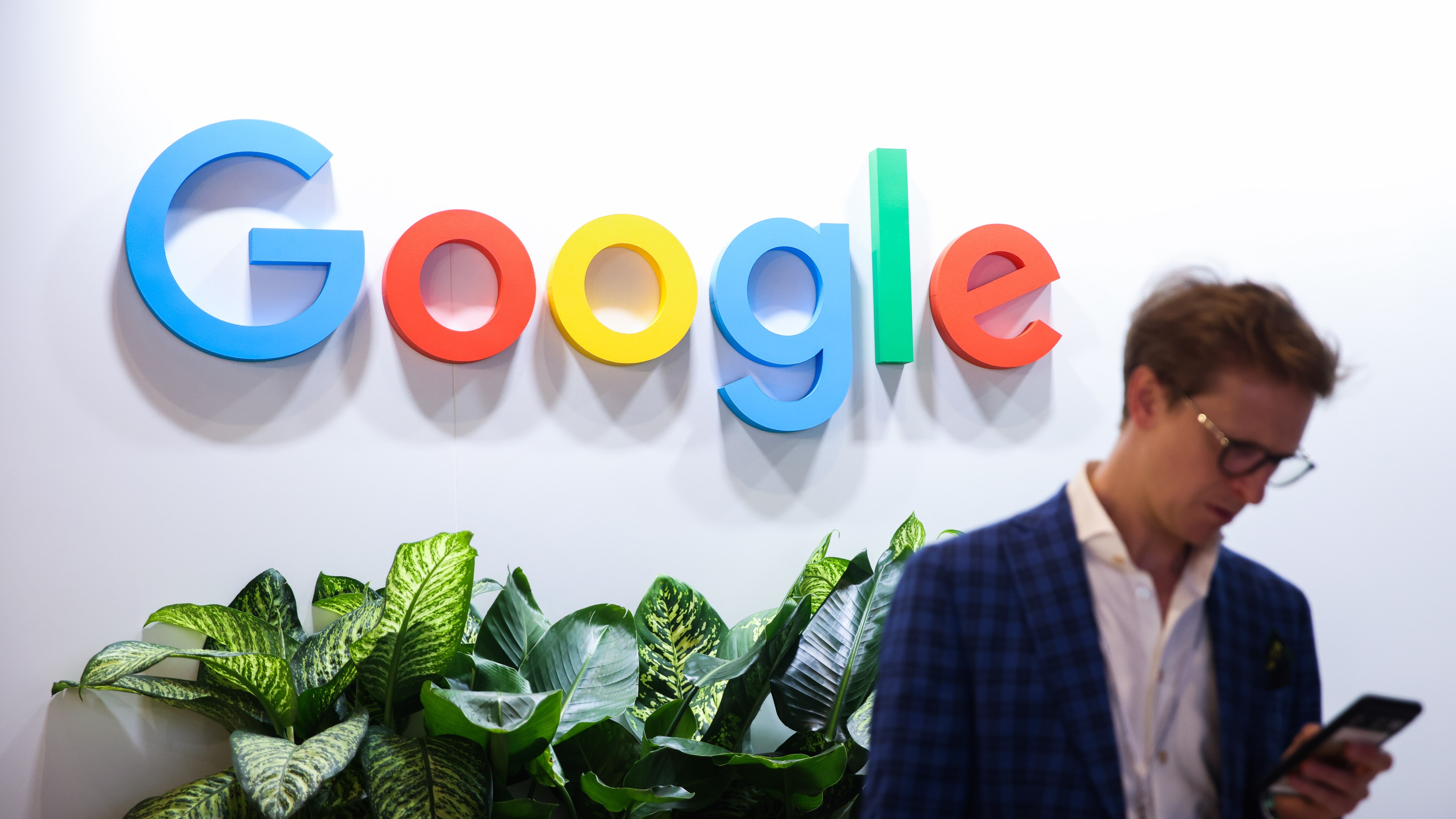Is pursuing a PhD in AI worth it? Insights from Google’s AI founder
Unless you’re obsessed, don’t do a PhD,” says the AI pioneer — because the field may leave you behind before you finish.

All the latest news, reviews, and guides for Windows and Xbox diehards.
You are now subscribed
Your newsletter sign-up was successful
Aside from the privacy and security concerns raised by users about the negative implications of adopting generative AI, job security is increasingly becoming a major concern for a handful of professionals as the next-gen technology becomes more advanced and scales greater heights.
Tech leaders heavily invested in the AI landscape have spelled inevitable doom for professionals working in software development. For instance, NVIDIA CEO Jensen Huang previously indicated that coding professions might be dead in the water with the rapid prevalence of AI. Instead, he recommended biology, manufacturing, and farming as alternative career paths for the next generation.
Microsoft co-founder Bill Gates even indicated that AI will replace humans for most things, but he seemingly dismissed Huang's claims after indicating that coders, biologists, and energy experts would survive the AI revolution because the fields are too complex to fully augment using AI and still require human intervention.
Bill Gates says coding is among the professions that are farthest from automation using AI. He claimed that the profession will remain a 100% human profession, even 100 years from now. However, Anthropic CEO Dario Amodei claims that AI could potentially cut up to 50% of entry-level white-collar jobs, leaving Gen Z out of work.
A damning Microsoft study seemingly corroborates Amodei's theory, listing 40 professions that have a high propensity to be augmented using AI, including data scientists, editors, technical writers, telephone operators, and more.
AI is moving faster than academia can sprint
Upskilling or going back to school seems like the most common recommendation designed to help mitigate the job security concerns the technology is raising for professionals. But as it now seems, going back to school for your master's or PhD degree might not cut it either.
Speaking to Business Insider, Jad Tarifi, founder of Google's first generative AI team, says going back to school for a PhD to help you hop onto the AI hype might not be a great idea, especially considering how fast the technology and the world are moving.
AI itself is going to be gone by the time you finish a Ph.D. Even things like applying AI to robotics will be solved by then. So either get into something niche like AI for biology, which is still in its very early stages, or just don't get into anything at all.
Founder of Google's first generative AI team, Jad Tarifi
For context, Tarifi got his PhD in AI from the University of Florida in 2012, which helped him land a job at Google. He worked at the software giant for close to a decade before he departed to launch his own AI startup, Integral AI, in 2021.
Perhaps more interestingly, the Integral AI founder indicated that doctoral studies are only explored by "weird people." He further indicated that the tedious experience will cost you "five years of your life and a lot of pain."
According to Tarifi: "I don't think anyone should ever do a Ph.D. unless they are obsessed with the field."
The executive claims that you'd be better off not enrolling for a doctorate program, especially if you're not sure about it. He added that you stand a better chance outside school, where you can learn more and adapt to new advances as they emerge.
Tarifi seemingly echoed similar sentiments about degrees that take longer to complete, like medicine and law. "In the current medical system, what you learn in medical school is so outdated and based on memorization," the executive indicated while claiming people might end up throwing away 8 years of their lives chasing these advanced degrees.
I have a Ph.D. in AI, but I don't know how the latest microprocessor works. For example, you can drive a car, but you might not know every single thing about the car. But if you know what to do if something goes wrong, that's good enough.
Founder of Google's first generative AI team, Jad Tarifi
Interestingly, the executive indicated that it will be important to develop social skills and empathy. While hard sciences can be learned, prompting and using AI requires "emotional attunement and good taste":
"The best thing to work on is more internal. Meditate. Socialize with your friends. Get to know yourself emotionally."
As it stands, AI is revolutionizing all aspects of our lives in unprecedented ways. The technology is gaining traction and vast adoption across the world, which means that we'll have to find a way to manage its effects on our lives, whether we like it or not.

Kevin Okemwa is a seasoned tech journalist based in Nairobi, Kenya with lots of experience covering the latest trends and developments in the industry at Windows Central. With a passion for innovation and a keen eye for detail, he has written for leading publications such as OnMSFT, MakeUseOf, and Windows Report, providing insightful analysis and breaking news on everything revolving around the Microsoft ecosystem. While AFK and not busy following the ever-emerging trends in tech, you can find him exploring the world or listening to music.
You must confirm your public display name before commenting
Please logout and then login again, you will then be prompted to enter your display name.

